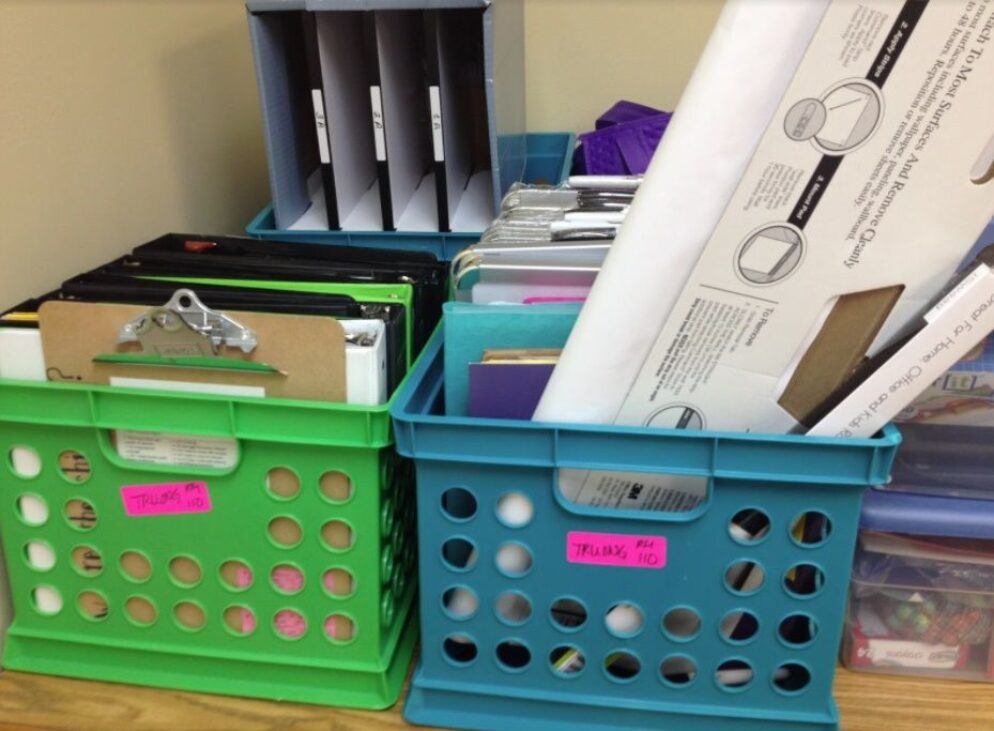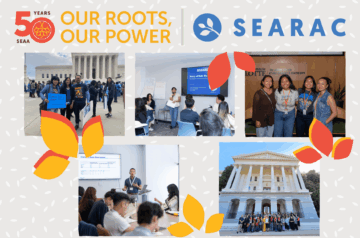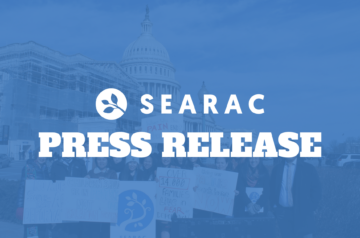by Natalie Truong
For as long as I can remember, the end of July has always filled me with cautious optimism. While school is still a good month away, I am already populating my calendar with classes, projects, and hopes for this upcoming fall. And what a return it will be. Across the country, our population of over 50 million students will prepare to come back to campus after learning remotely for a year and a half. For Asian American and Pacific Islander American (AAPI) families, increased anxiety over safety during the pandemic deterred students from opting back into in-person instruction this past spring. As our nation’s students transition back to almost “normal” social interactions, activities, and classroom instruction after a year that has upended our education system, will our schools and communities be ready to support them? For AAPI students, will schools re-examine its culture and practices to ensure a fall return that is not only physically safe but also culturally inclusive?
As our nation’s students transition back to almost “normal” social interactions, activities, and classroom instruction after a year that has upended our education system, will our schools and communities be ready to support them?
For too many students, especially students of color, immigrant, and low-income students, our education system has grossly underserved and underestimated them. From inequitable resource allocation, poorly implemented reforms, and top-down decision-making, the K-12 education system has historically implemented a deficit-based perspective on minoritized students, often reducing their assets and skill sets into a narrowly defined set of expectations for what success looks like. Growing up, I witnessed peers from my same background struggle with their self-worth. I was not immune to this and did not benefit from an overly rigid definition of success: one that normalizes and privileges students from a traditionally successful background.
Yet, like many, school is a bittersweet experience for me. It is where I have spent most of my life (I am still in school!). It is where I experienced multiple forms of racism and discrimination by peers and faculty from microaggressions and Asian jokes to direct verbal harrassment. School is where I had to assimilate and lose my Vietnamese early and quickly. It was also through school, however, that I had opportunities to travel, enjoyed extracurriculars, fed my soul with books, met some of my closest friends, and won several plastic trophies that my mom still polish yearly.
I believe that education is a system that can work and should be working better for SEAA students. If we broaden the definition of success beyond single summative tests scores, beyond English language proficiency and acquisition, beyond access to college based on narrow measures, we could redefine the expectations of success to align with the values of our broader communities and provide resources and support that are fit-for-purpose. We could better honor our nation’s collective immigrant history and tend to the needs of our students with inclusivity as a guiding value. Organizations like SEARAC operate as a vehicle to increase the visibility of our Southeast Asian community and to highlight and celebrate our diversity in areas like education policy.
As our community prepares to send our children back to school, I hope we focus on the relational aspect as much as we prepare for resuming in-person instruction. I hope the education community welcomes students back with joy and excitement and with an emphasis on social emotional wellbeing as much as physical safety. I hope our teachers are equipped with the resources and tools they need to attend to students of diverse backgrounds and are trained in culturally relevant pedagogy. To prepare for anything less, given the racial justice reckoning of the past year, would be a disservice to our students. For all the higher education students returning to campus like me, I hope we return to a flexible and compassionate environment that takes student mental health and student voice seriously. As summer winds down over the next month and students begin the apprehensive journey back to school, I am delighted to be a part of SEARAC where I can be intentional about advocating for SEAA students wherever they are in their educational journey.
Natalie is SEARAC’s Education Policy Manager. You can email her at natalie@searac.org.




